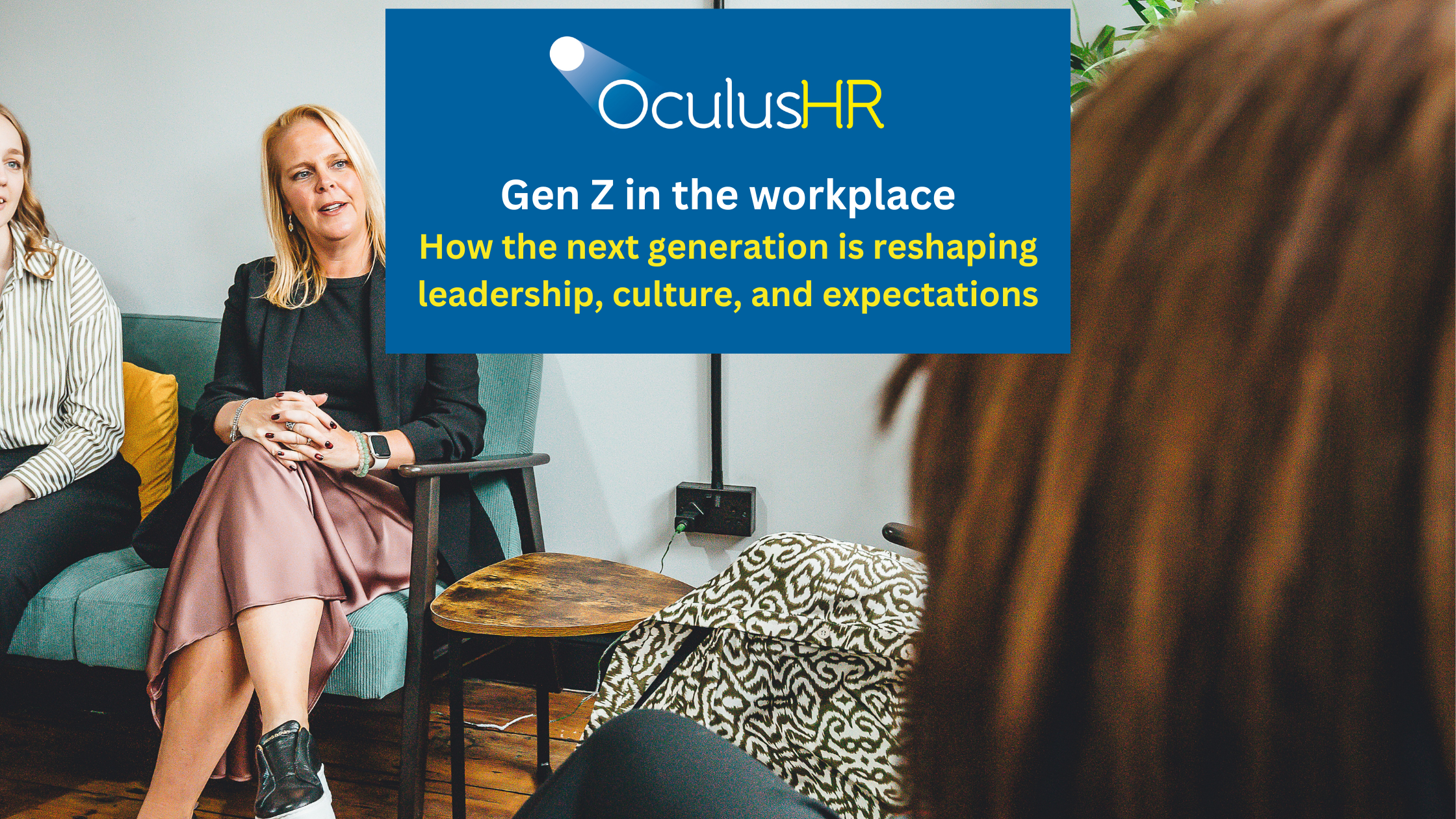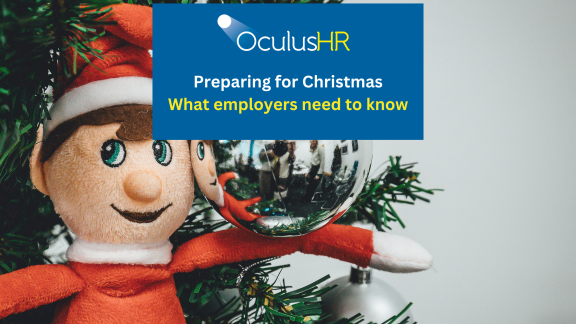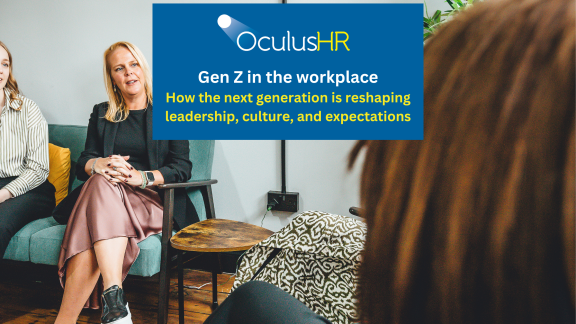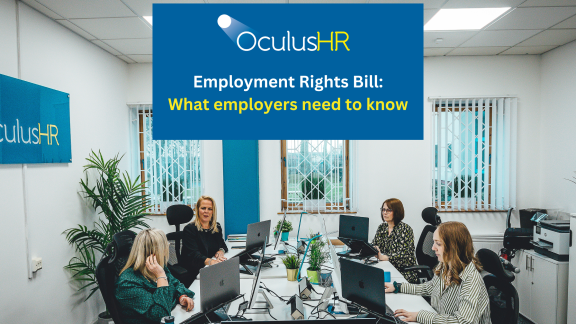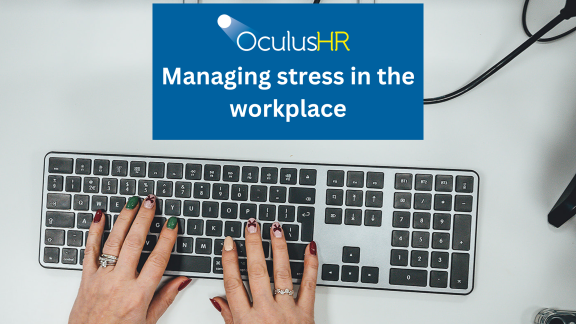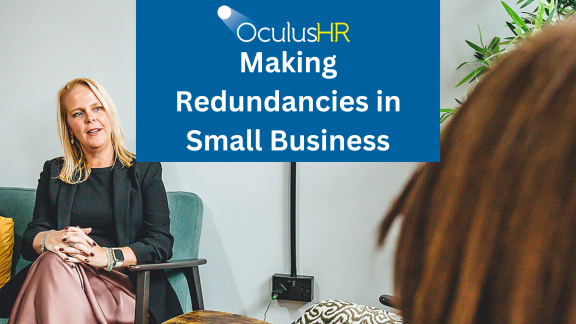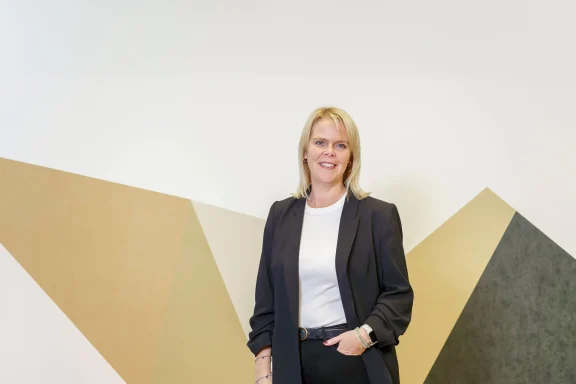How the next generation is reshaping leadership, culture, and expectations
A new generation has entered the workforce, and they’re already reshaping how businesses think, lead, and communicate.
Born between 1997 and 2012, Generation Z are the first truly digital-native employees, bringing with them fresh expectations, different motivations, and new challenges for employers to navigate.
Their arrival coincides with rapid transformation across the workplace. Hybrid working has become the norm, AI is reshaping processes, and wellbeing has shifted from nice to have, to a leadership priority. Against this backdrop, Gen Z’s focus on authenticity, flexibility, and purpose is challenging traditional ways of managing people.
For many business owners and HR professionals, this shift is prompting a rethink about what good leadership really looks like. The motivations that once drove performance don’t resonate in quite the same way. Gen Z values transparency over hierarchy, balance over burnout, and meaning over management jargon.
But, for organisations willing to adapt, this isn’t a generational problem, it’s an opportunity. When understood and embraced, Gen Z can help businesses build stronger cultures, boost innovation, and future-proof leadership.
Who is Gen Z?
Gen Z now represents a growing share of the UK workforce, with the oldest members entering management roles. They’ve grown up with smartphones in hand and information at their fingertips. Constant connectivity has shaped their mindset and, as a result, they are comfortable with change, demand instant access to information, and expect open, two-way communication.
This is also a generation shaped by uncertainty. The 2008 financial crisis, global pandemic, and cost-of-living pressures have all influenced their attitudes to work, money, and security. They’re pragmatic about career stability, but far less willing to compromise on their values or mental health.
In the UK, Deloitte’s 2024 Gen Z and Millennial Survey found that 50% of Gen Z employees have rejected opportunities that don’t align with their personal ethics. Meanwhile, UK Co-operative Group Research shows that 61% of Gen Z workers say a company’s social and environmental credentials are as important as pay when choosing where to work.
Gen Z approaches work through the lens of their values. They want to feel good about the difference their role and organisation make, and look for workplaces that feel authentic, flexible, and human.
How Gen Z is changing the workplace
The arrival of Gen Z is reshaping workplace culture.
Communication and feedback
This generation values openness and honesty. They expect regular feedback, not annual appraisals, and prefer coaching-style conversations over traditional top-down reviews. And, when this is missing, they quickly disengage.
They also tend to blur the line between digital and real-world communication. While they’re comfortable with tools like Slack, Teams, and AI chatbots, they still value personal connection. In fact, the Institute of Internal Communication (IOIC) found that 72% of Gen Z employees prefer face-to-face conversations with managers, even more than Millennials.
The message for employers? Communication channels should be flexible but human. Gen Z want to use digital tools for convenience not detachment.
Technology and flexibility
Having grown up online, Gen Z expects workplace technology to work seamlessly. Outdated systems frustrate them and can even damage employer brand. In the People Management Study 2024, just one in ten Gen Z workers said they wanted to work in an office full time, highlighting how hybrid and remote models are now baseline expectations.
But flexibility isn’t just about location. It’s about autonomy, trust, and output over presence. As one Standard UK article put it, Gen Z are redefining the work ethic, prioritising efficiency and results rather than hours spent at a desk.
For leaders, that means measuring success differently, focusing on outcomes, not optics.
Values, purpose, and culture
Gen Z’s relationship with work is deeply values-driven. They want to work for organisations that make a positive difference, whether that’s through sustainability, social responsibility, or inclusion.
In practical terms, this means they’re drawn to transparent employers who ‘walk the talk’. Companies that fail to back up their mission with real action, risk losing talent and reputation.
For Gen Z, culture isn’t something you join, it’s something you co-create.
Career mobility and progression
Gen Z views career progression as a journey rather than a ladder. They want visible development, clear opportunities, and continual learning.
Many are open to moving roles or industries if they don’t see progression where they are and, whereas other generations have sought jobs for life, the average Gen Z employee could have up to 15 employees during their career.
This isn’t a sign of disloyalty, but a reflection of ambition and curiosity. Employers that provide diverse learning opportunities and clear career pathways will retain top talent for longer.
The benefits of embracing Gen Z
When organisations take time to understand Gen Z, they often unlock broader cultural improvements.
Their demand for transparency encourages open communication, their focus on wellbeing leads to better balance for all employees, and their drive for inclusivity helps strengthen brand reputation.
Gen Z also brings digital fluency and creativity to the workplace. They’re natural problem-solvers, and typically comfortable experimenting with new tools and systems. For HR teams, this is an opportunity to evolve internal processes, from onboarding to engagement, using the fresh perspective of digital natives.
Many forward-thinking UK businesses have already started reverse mentoring programmes, pairing Gen Z employees with senior leaders. The result? A more connected, informed leadership team, and younger staff who feel genuinely heard.
The challenges leaders and HR professionals face
Adapting to this generational shift isn’t always easy.
Bridging generational gaps
Tension can arise between traditional expectations and new norms. Older generations may associate visibility with productivity, while Gen Z may prioritise flexibility and balance.
Without open communication, these differences can lead to frustration or disengagement.
HR’s role is to build bridges, offering training for managers to understand different communication preferences and developing policies that reflect modern realities.
The parent problem
One of the more unexpected developments is the rise of parental involvement. According to Workplace Journal, 31% of Gen Z have had a parent accompany them to a job interview, with a staggering 26% stating their parent physically sat in the interview room with them. Some employers have reported parents calling HR or line managers to discuss their child’s job, ask about pay, or even negotiate terms.
While this usually comes from concern, it presents clear legal and ethical issues. Under UK GDPR and the Employment Rights Act 1996, employers must protect employee confidentiality. Unless authorised, no information can be shared with a third party, even a parent.
If handled the wrong way, these situations can blur professional boundaries and create confusion. But handled well, with empathy and clarity, they can reinforce independence. Employers can explain politely that employment relationships exist between the business and the employee, while offering to support the employee directly.
It’s a reminder that HR often plays the dual role of protector and educator, setting expectations while supporting development.
Conflict and communication styles
Gen Z’s preference for direct, digital communication can sometimes clash with more formal expectations. Leaders should avoid assuming one approach is better than the other, instead training managers to be flexible in their communication style to help build understanding.
Cross-generational projects and workshops can help reduce friction and help teams appreciate diverse perspectives.
Recruiting differently for a new generation
Attracting Gen Z talent requires a fresh approach to recruitment. This generation is highly alert to the language employers use, and quick to call out job adverts that feel toxic, outdated, or discriminatory. Phrases like “must thrive under pressure” or “work hard, play hard” can signal a poor culture or unrealistic expectations.
For employers, this means rethinking how they communicate opportunities. Job ads should reflect the organisation’s true culture and values, showing transparency, inclusivity, and respect for work-life balance. In today’s market, how you say it matters just as much as what you say.
The changing face of work culture
Gen Z is also changing the social side of work. Traditional after-work drinks and long hours are losing appeal. Instead, this generation prioritises mental health, wellbeing, and inclusivity in social settings.
The Dry Generation Study found that younger professionals are moving away from alcohol-centred networking and choosing healthier, more inclusive alternatives.
Dress codes and formality are being redefined too. According to a 2024 Guardian analysis, Gen Z employees “reject outdated hierarchies and bring their whole selves work – slang, style, and all.”
For employers, embracing this shift doesn’t mean losing professionalism, it means recognising individuality and authenticity as part of engagement.
Looking ahead to Generation Alpha
As Gen Z continue to shape workplace norms, another generation is waiting in the wings. Born from 2013 onwards, Generation Alpha are growing up with AI-powered learning, social media literacy, and digital fluency that will eclipse even Gen Z.
By the time they enter the workforce in the 2030s, Gen Alpha will expect hyper-personalised experiences, such as AI-driven feedback, adaptive learning, and digital wellbeing tools. They’re likely to demand even greater flexibility and customisation in how, when, and where they work.
For today’s HR leaders, that means laying the groundwork now, creating systems that evolve, cultures that adapt, and leaders who can communicate across generations.
What leaders can do now
So, what practical steps can business leaders and HR professionals take today to prepare for this generational evolution?
Listen before you lead
Hold conversations with younger employees about what motivates them and where they see barriers. This will help build trust and insight.
Review policies through a modern lens
Check whether your hybrid working, wellbeing, and communication policies align with current expectations, and make updates where needed.
Invest in management development
Equip leaders to manage across generations. The best managers adapt their style, recognise individual motivators, and promote inclusion through behaviour rather than buzzwords.
Celebrate individuality
Move beyond one-size-fits-all engagement. Offer a mix of social opportunities, feedback channels, and recognition opportunities to meet diverse preferences.
Make your values visible
Gen Z expects transparency. Publicly sharing your sustainability goals, wellbeing initiatives, and community work helps strengthen credibility and trust, both internally and externally.
Embrace mentorship
Reverse mentoring schemes help bridge digital divides, share lived experience, and spark innovation across age groups.
Focus on wellbeing as a business strategy
Gen Z sees mental health support as a basic workplace requirement, not an optional perk. Businesses that take this seriously build loyalty as well as morale.
Gen Z isn’t a challenge to manage, they’re a generation driving progress, purpose, and positive change in the workplace. Their arrival is prompting businesses to re-evaluate culture, communication, and leadership through a more human, ethical, and inclusive lens.
By embracing their perspective, businesses can become more adaptable, resilient, and attractive to future talent. As Generation Alpha begins to follow, those that build flexible, values-led cultures today will be best placed to thrive tomorrow.
At Oculus HR, we work with organisations to navigate generational change with clarity and confidence, from leadership development and culture alignment, to practical HR strategy that supports people and performance. Because the future of work isn’t about managing generations separately, it’s about bringing them together and creating an environment in which they can thrive.
To find out more about how you can support Gen Z in your workplace, get in touch with our team.
